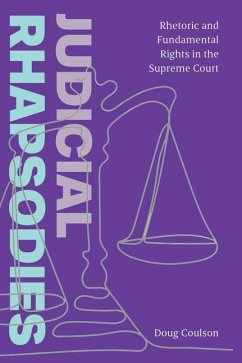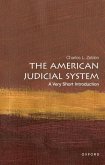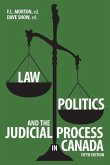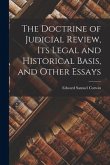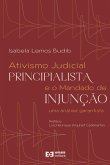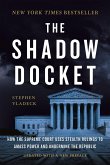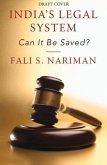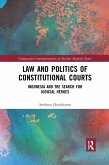"All judges legitimize their decisions in writing, but US Supreme Court justices depend on public acceptance to a unique degree. Previous studies of judicial opinions have explored rhetorical strategies that produce legitimacy, but none have examined the laudatory, even operatic, forms of writing Supreme Court justices have used to justify fundamental rights decisions. Doug Coulson demonstrates that such "judicial rhapsodies" are not an aberration but a central feature of judicial discourse. First examining the classical origins of divisions between law and rhetoric, Coulson tracks what he calls an epideictic register--highly affective forms of expression that utilize hyperbole, amplification, and vocabularies of praise--through a surprising number of landmark Supreme Court opinions. Judicial Rhapsodies recovers and revalues these instances as significant to establishing and maintaining shared perspectives that form the basis for common experience and cooperation." -- back cover.
Hinweis: Dieser Artikel kann nur an eine deutsche Lieferadresse ausgeliefert werden.
Hinweis: Dieser Artikel kann nur an eine deutsche Lieferadresse ausgeliefert werden.

